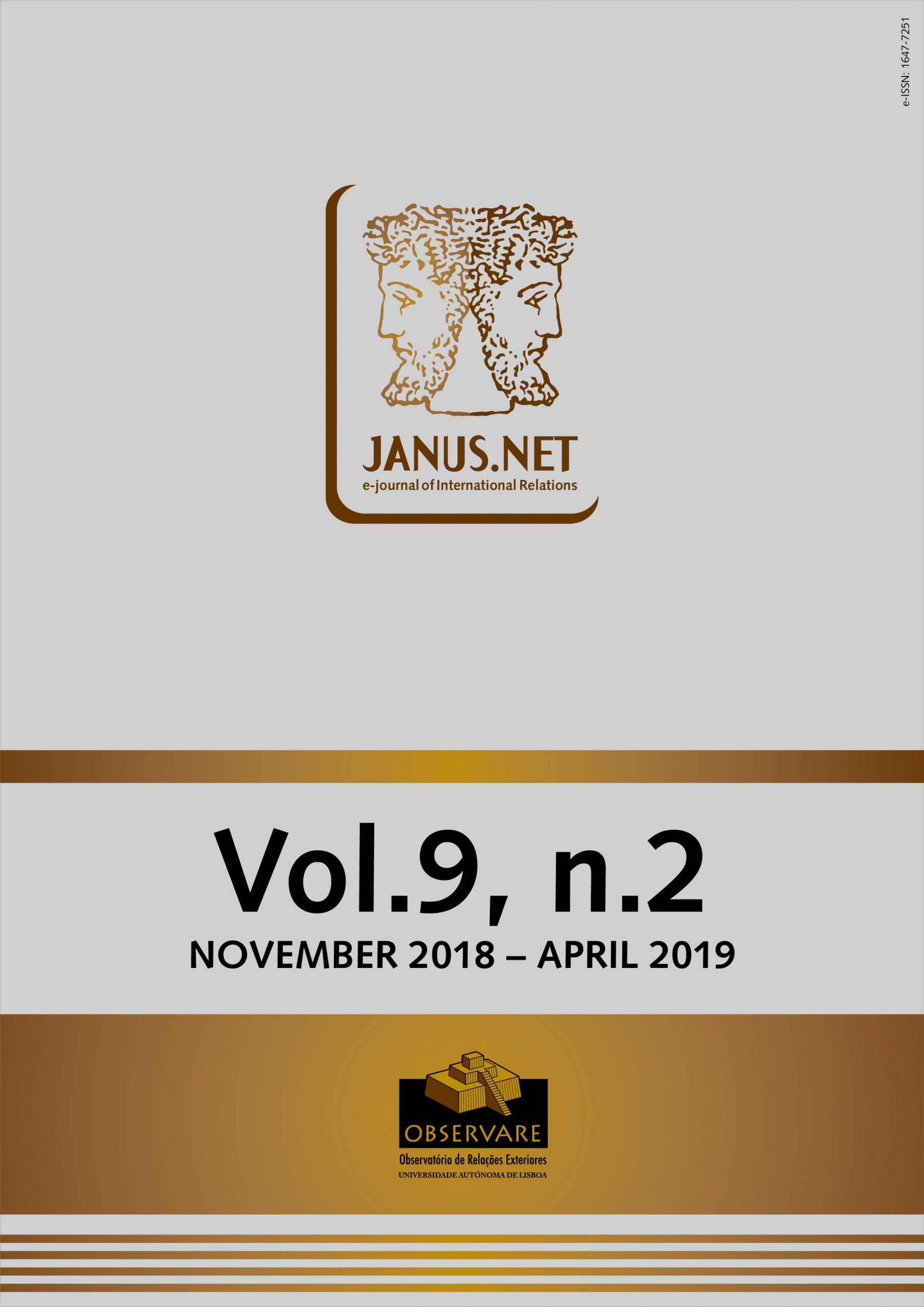We have enjoyed the pleasure of discussing the proclamation of the Republic in Portugal in a variety of ways. The most profound work impressing us through the multiplicity of perspectives was that of the researcher Alice Samara (2010). It raises several explanatory hypotheses for different understandings of the Republic, according to the perspectives and the moments by which the regime and the republican idea are looked at. Also recently, an excellent article by Jorge Pais de Sousa on Afonso Costa has been published, which gives us the possibility of understanding the Republic from a point of view almost unidentified so far (SOUSA, [s.d.]). Our perspective does not seek to make a critical, piecemeal judgment of legislation and political and party behaviour during the sixteen-year regime between 1910 and 1926. It concludes with the victory or defeat of republican thought; we are interested in focusing attention throughout the period perceiving and explaining the Republic – before and after the proclamation – as a result of the confrontation between the social group’s leaps to modernity, to the new, to the different, and to the group that maintains the existing reality of tradition and conservatism.
THE CONFRONTATION BETWEEN TRADITION AND MODERNITY: THE PROCLAMATION OF THE REPUBLIC IN PORTUGAL
»
He holds a PhD in History, a master's degree in Strategy, a degree in Political Social Sciences and is a retired colonel from the Portuguese Air Force. He is also a professor at the Autonomous University of Lisbon (Portugal).
Resumo
Temos usufruído do prazer de ver discutida a proclamação da República em Portugal das mais variadas maneiras e, salvo qualquer lapso involuntário, aquele trabalho mais profundo, que nos impressionou pela multiplicidade de perspectivas foi o da investigadora Alice Samara, levado a cabo na sua dissertação de doutoramento (Samara, 2010). Ali, ela levanta várias hipóteses explicativas para os diferentes entendimentos da República, segundo as perspectivas e os momentos pelos quais se olha o regime e a ideia republicana. Também, recentemente, foi publicado um excelente artigo de Jorge Pais de Sousa, sobre Afonso Costa, que nos dá a possibilidade de compreender a República segundo um ponto de vista até agora quase não identificado (Sousa, [s.d.]). A nossa perspectiva não procura fazer um juízo crítico, parcelar, da legislação e dos comportamentos políticos e partidários durante os dezasseis anos de regime, entre 1910 e 1926, para concluir sobre a vitória ou derrota do pensamento republicano neste ou naquele domínio particular; interessa-nos, focando a atenção em todo o período, perceber e explicar a República — antes e depois da proclamação — em função do confronto entre o grupo social defensor do salto para a modernidade, para o novo, para o diferente, e o grupo defensor da manutenção da realidade existente, da tradição, do conservadorismo.
Palavras-chave
Como citar este artigo
Fraga, Luís Alves de (2018). “The confrontation between tradition and modernity: the proclamation of the Republic in Portugal”. JANUS.NET e-journal of International Relations, Vol. 9, N.º 2, November 2018-April 2019. Consulted [online] on the date of the last visit, https://doi.org/10.26619/1647-7251.9.2.4
Article received on 5 March, 2017 and accepted for publication on 13 July, 2018















